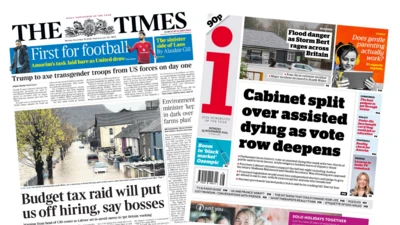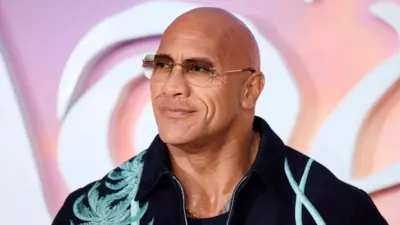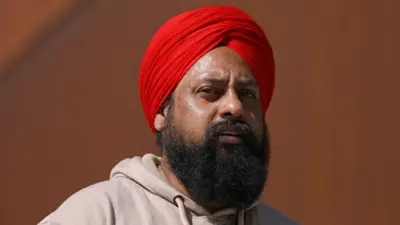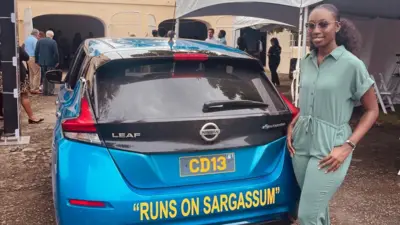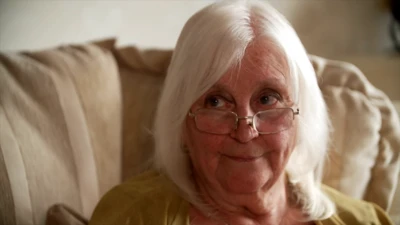We've updated our Privacy and Cookies Policy
We've made some important changes to our Privacy and Cookies Policy and we want you to know what this means for you and your data.
Car insurance firms encourage claims, MPs say
Insurance firms have been criticised by MPs for allegedly encouraging injury claims after car accidents.
A report from the Transport Select Committee detailed how firms are paid "referral" fees for giving lawyers the names of people involved in crashes.
These people may then be persuaded to sue for compensation.
But the insurers' association instead blamed the "compensation culture" for being behind the rise in legal costs and premiums.
"The committee has failed to recognise that the main cause of the recent increases in motor insurance premiums is ever-increasing personal claims and spiralling legal costs," said Nick Starling from the Association of British Insurers (ABI).
The association said the rise in legal costs had added ВЈ40 a year to average motor premiums.
Referral fees
The MPs called for more transparency on what they called "the merry-go-round" of referral payments, particularly for personal injury claims.
The number of these claims has not only risen hugely in the past few years but now far outstrips the number of accidents.
The MPs explained that referral fees were "made to or by insurance and law firms, rescue truck drivers, vehicle repairers, credit hire firms, claims or accident management companies and medical experts in connection with motor insurance claims".
For instance, the committee was told that more than 40% of personal injury lawyers paid insurers or claims management firms to obtain work from them.
The size of the fees ranged from ВЈ200 to ВЈ1,000 for each referral and there could be several for just one claim.
The committee's chairman Louise Ellman said consumers deserved to see where the money was going.
"Consumers are largely unaware of how much money moves around the insurance industry in this way when they make a claim," she said.
The government is currently pondering whether to restrict or even abolish the payment of these fees.
The ABI argued that they were in fact a symptom of a "dysfunctional compensation system", not the cause of it, but should be banned altogether anyway.
Graeme Trudgill, of the British Insurance Brokers' Association (BIBA) said: "The propensity to claim for a non-fault injury following a motor accident has tripled in the last seven years and this has led to more claims and higher premiums."
Fraud
The committee also said insurers must do more to tackle fraudulent injury claims, which it said were the main reason for the escalating cost of motor insurance.
It wants a dedicated police unit, paid for by insurers, to tackle the issue.
Simon Douglas, director of AA Insurance, welcomed the idea of a special police unit.
"With insurer control, such a unit could very quickly pay for itself. Fraud, particularly false personal injury claims, is in my view the biggest driver of premium increases," he said.
The committee received evidence from the police and the AA for its report The Cost of Motor Insurance.
"The police made plain to the committee that 'staged accidents' are on the increase and that, so far, we have been lucky there have been no fatalities resulting from such incidents," committee chairman Louise Ellman said.
Young drivers
The committee looked at the AA's British Insurance Premium Index, which showed that the average Shoparound premium - an average of the lowest three quotes for each risk - increased by 33% over 2010.
Young drivers saw the biggest increases. Those aged between 17 and 22 saw their premiums rise by more than 58%, the AA said.
The committee also wants the government to make the driving test more rigorous to help bring down the "appalling" casualty rate among young drivers.
However, Mr Douglas from the AA, which also operates a driving school, cautioned that making the driving test too difficult could lead some young drivers to skip it and try to drive without a licence.
Top Stories
More to explore
Most read
Content is not available

